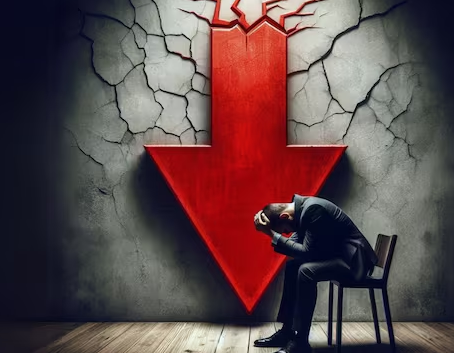Severe Bone Pain Could Signal Cancer or TB: Why Women Should Pay Extra Attention
- byManasavi
- 16 Sep, 2025

Bone pain is often dismissed as a common health issue, but ignoring it can sometimes prove costly. From growing children to adults and the elderly, almost everyone experiences bone aches at some point. While many cases stem from deficiencies like calcium or vitamin D, persistent or unbearable bone pain may point to serious underlying conditions such as cancer or tuberculosis (TB). Experts warn that just like other organs, bones also require proper care and timely medical attention.
Why Bone Pain Should Never Be Ignored
Bone pain is not always caused by nutritional gaps. Though calcium or vitamin D deficiency is a frequent reason, constant discomfort can also indicate bone infections or life-threatening diseases. According to orthopedic specialists, unbearable pain in bones may be the body’s first alarm for illnesses like cancer or TB. That’s why routine bone health checkups, including serum vitamin D tests, are highly recommended.
Importance of Bone Checkups After 40
By the time people reach their 40s and 50s, hormonal changes begin to affect bone strength and density. This makes bones more vulnerable to pain, stiffness, and fractures. Dr. Vipin Sharma, Head of the Orthopedics Department at Dr. Rajendra Prasad Medical College, Kangra, explained in a recent interview that maintaining bone health during youth can significantly reduce bone-related problems in old age. Preventive care, balanced nutrition, and lifestyle modifications are key to healthy bones.
Bone Infections and Risks
Infections in bones can be extremely difficult to treat. Even a small injury can sometimes lead to bone infection, especially in children, where viral or bacterial infections may spread through the bloodstream to bones. Such cases often require multiple surgeries to remove the infection. Doctors stress that any infection in the body should be treated fully to prevent it from spreading to the skeletal system.
Lifestyle Habits That Protect Bone Health
Young people, in particular, should avoid unhealthy habits such as smoking, excessive alcohol, and drug abuse, as these significantly weaken bone strength. Cutting down on excessive tea and coffee also helps, as caffeine can interfere with calcium absorption. Regular exercise is one of the best ways to keep bones strong. The more physically active you are, the more resilient your bones become.
Balanced Diet for Strong Bones
A nutrient-rich diet plays a crucial role in bone health. Protein is particularly important, and foods like tofu, soybeans, cottage cheese, milk, yogurt, and eggs are excellent sources. Meanwhile, diets should limit excess carbohydrates and fatty foods. A balanced intake of vitamins and minerals not only strengthens bones but also reduces the risk of osteoporosis and other bone-related diseases.
Identifying Cancer or TB Through Bone Pain
Experts caution that severe, unbearable bone pain should not be ignored. It may be the first warning sign of cancer or TB affecting the bones. Such conditions require immediate medical attention, with detailed diagnostic tests to confirm the cause. Patients experiencing long-term bone pain should seek consultation from a specialist without delay.
Useful Tests for Detecting Bone Problems
Routine medical checkups are important for identifying bone-related issues early. Serum vitamin D tests help detect deficiencies that could weaken bones. Regular screenings after middle age can reveal early signs of osteoporosis, arthritis, or even hidden infections. Timely testing and treatment can prevent long-term complications.
Seasonal Impact on Bone Health
Cold weather often worsens bone and joint problems. During winter, muscles tighten due to low temperatures, leading to increased stiffness and pain. Arthritis pain, in particular, tends to intensify in colder months. Doctors recommend getting regular sunlight exposure in the mornings during winter, as natural sunlight boosts vitamin D levels and improves bone strength.
Special Care for Women
Women are more prone to knee and joint pain compared to men, especially after middle age. Experts advise women to avoid activities that put excessive strain on their joints. Household chores can be done in ways that minimize pressure—for example, using a stool instead of squatting. Along with proper nutrition and regular checkups, adopting such precautions can go a long way in preventing bone disorders.
Key Takeaway
Bone pain may appear harmless, but in many cases, it is the body’s signal of deeper health concerns. While deficiencies can often be corrected through diet and supplements, persistent or unbearable pain must not be ignored. With proper lifestyle habits, regular checkups, and timely medical care, one can protect bone health and reduce the risk of severe conditions like cancer and TB.




